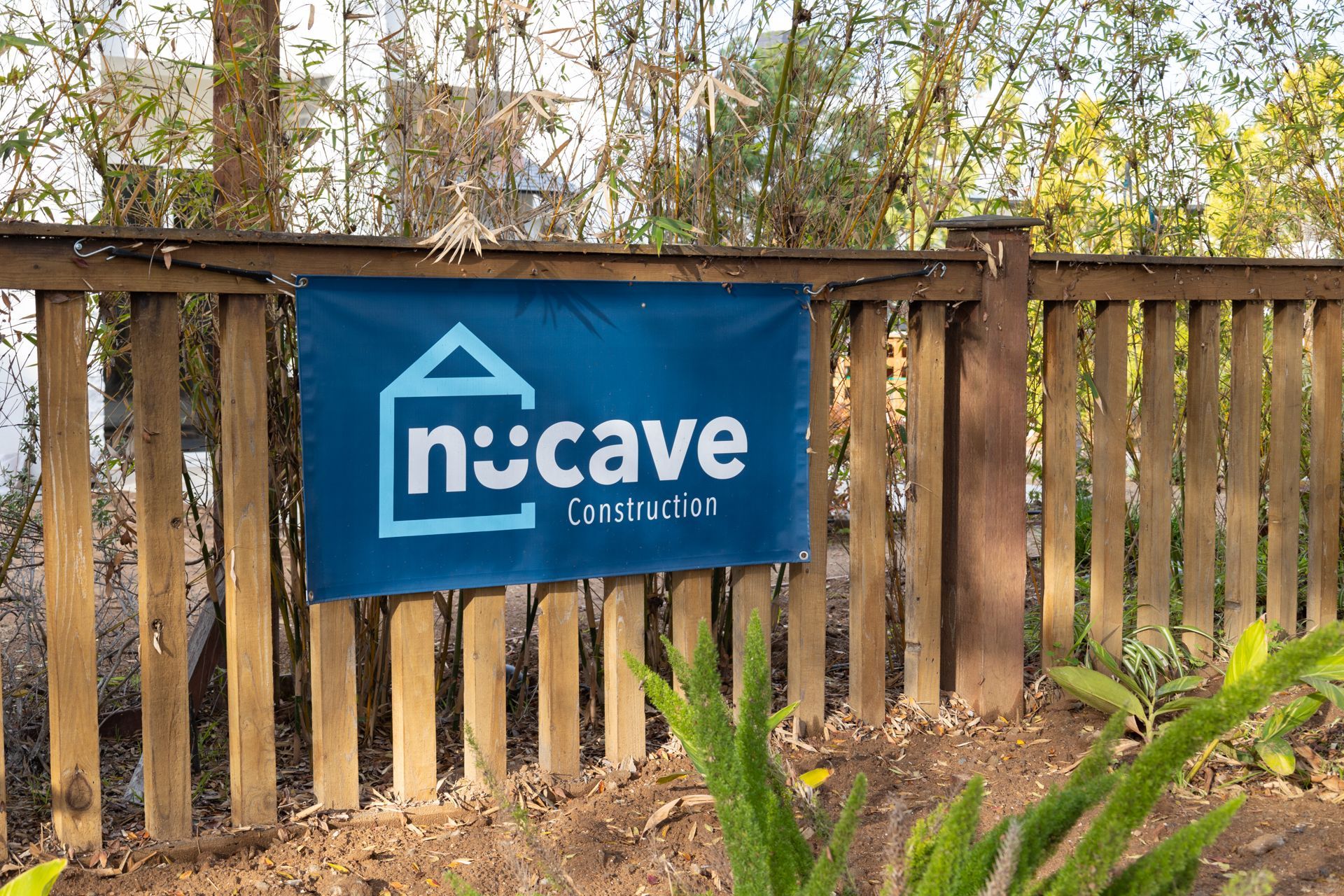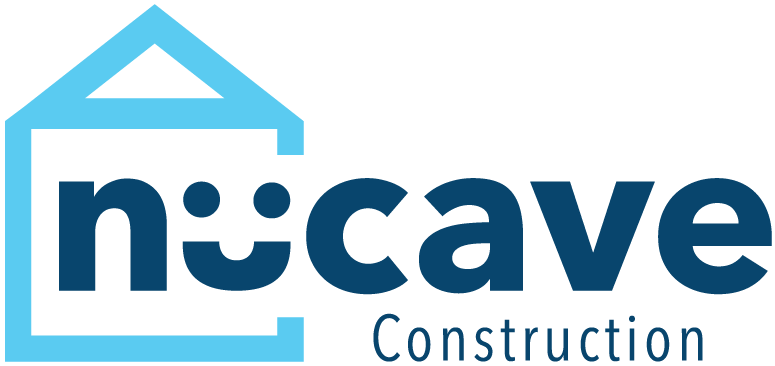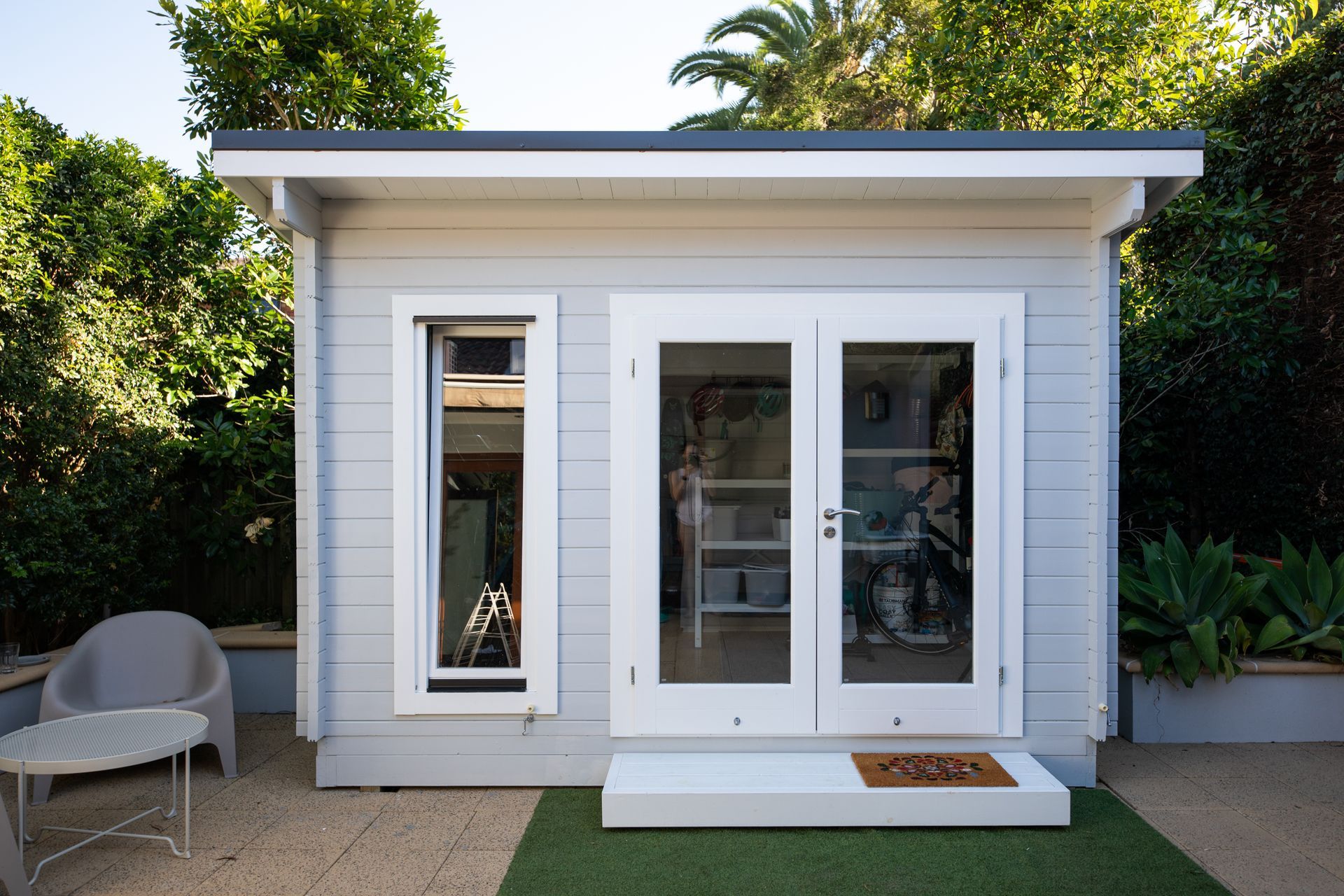The Inflation Reduction Act is Expected to Create Jobs and Save Money for Homeowners in the Home Improvement Industry
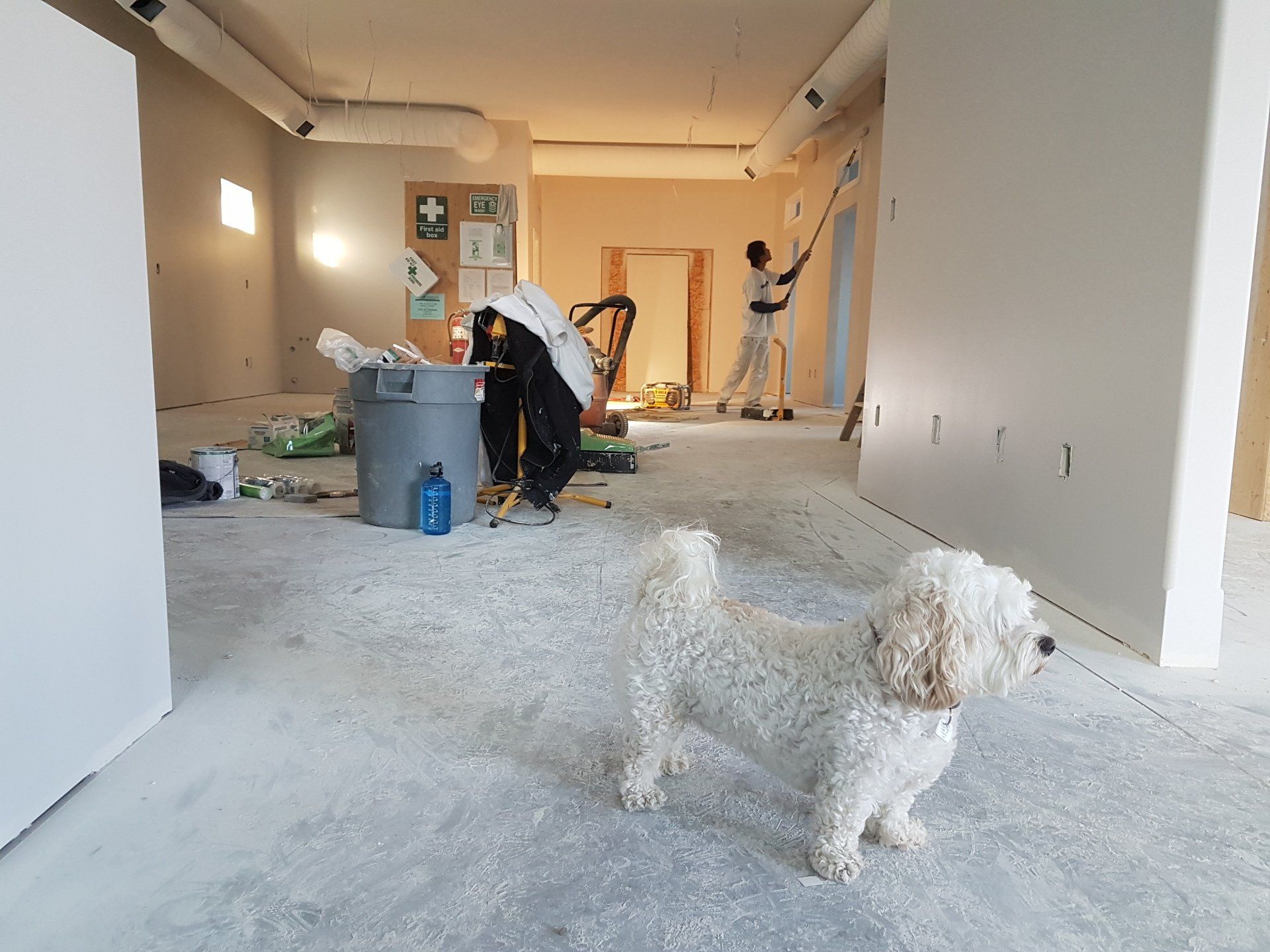
If you're planning a few home improvements that will boost the energy efficiency of your house, you may save some money on your projects.
Recently, the Inflation Reduction Act — which was signed into law by President Joe Biden — contains provisions aimed at improving health care and climate change.
It also could benefit people who purchase energy-efficient water heaters, heat pumps, and HVAC systems. Plus, the legislation includes a 10-year extension of the homeowner credit for solar projects, like rooftop solar panels.
The bill is set to create
-Tax credits for electric vehicles
-Energy-efficient home improvements
-Lower health-care costs on drugs
What is the purpose of the act and how does it save money?
Overall, the inflation reduction act is a piece of legislation that was passed in order to help reduce inflation in the United States. This act will have a positive impact on the home improvement industry, as it will allow homeowners to take advantage of more tax credits that have been extended.
Nucave Construction owner Ryan Bittner said the act is, “a game changer for qualified applicants to reduce home energy costs.” There will be rebates for high-efficiency electrical upgrades, which will eventually lower the cost for homeowners.
The legislation extends and enhances two tax credits that reward "green" upgrades to your home.
According to experts, it will make home efficiency upgrades more affordable. The Inflation Reduction Act will make it more affordable for families to purchase energy efficient and electric appliances when they need to replace everyday home appliances and equipment.
Households can save up to 30% with tax credits for home construction projects on windows, doors, insulation, or other weatherization measures that prevent energy from escaping homes.
How will it impact the construction and building industry?
In addition, the inflation reduction act will also create more jobs in the home improvement industry, as builders will need to hire more workers to meet the demand for their services. This is good news for the economy as a whole, as it will help to boost growth and create new opportunities for people across the country.
If you're planning on undertaking any home improvement projects in the near future, it's worth keeping an eye on the inflation rate, as it is likely to fall as a result of the inflation reduction act. This will save you money on your project, and it will also be good for the economy. It’s also a wonderful time to take advantage of many rebates expected to be unveiled in the future.
If you’re interested in learning more about the various rebates available through the Act,
click here
for more information.
Looking forward to getting started on your next home improvement project?
Contact Nucave today! We turn your vision into reality with high-quality project design and execution.
Sources
https://www.washingtonpost.com/business/2022/08/16/inflation-reduction-act-save-money/
https://www.whitehouse.gov/briefing-room/statements-releases/2022/08/16/fact-sheet-how-the-inflation-reduction-act-builds-a-better-future-for-young-americans/
